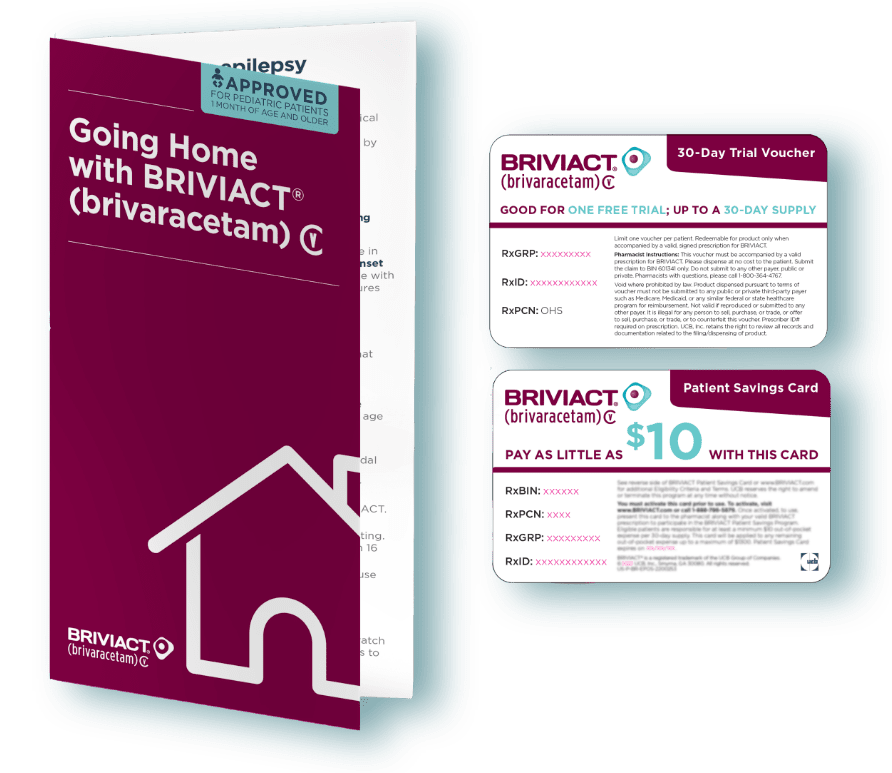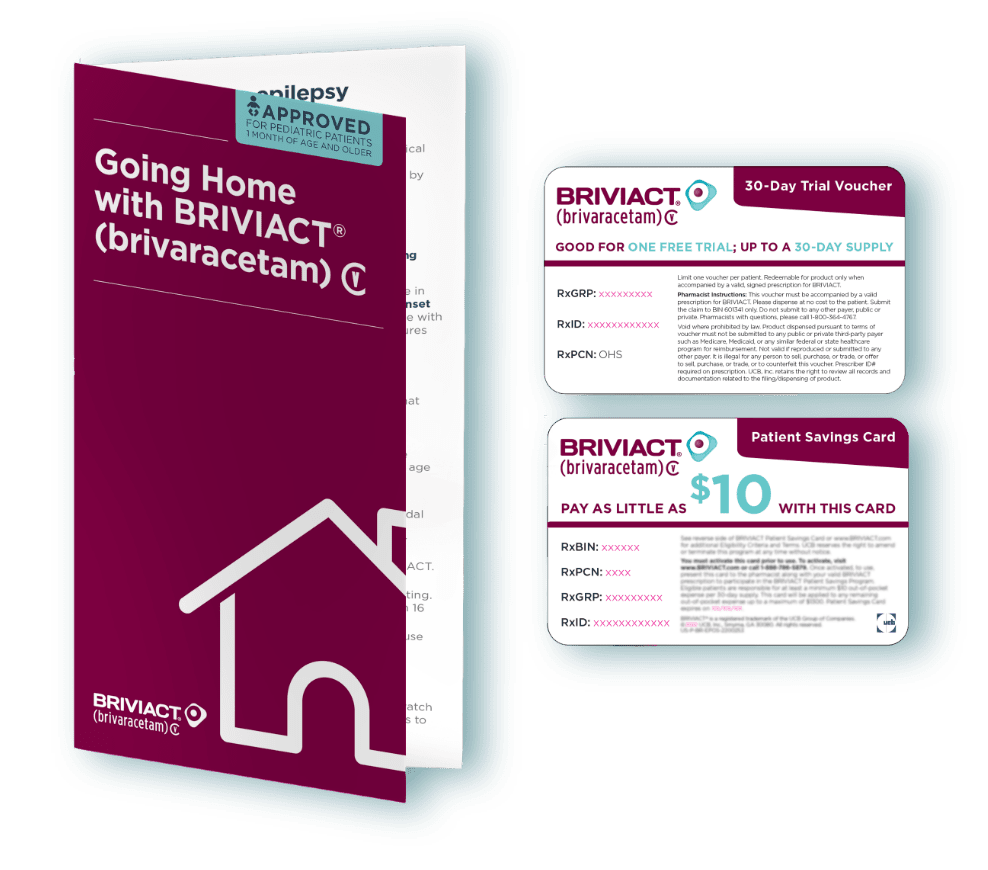
Resources for you,
your patients, and
their caregivers
Hospital discharge kit
Support BRIVIACT patients with a smooth transition from hospital to home
Support and savings for your patients leaving the hospital, including a trial voucher for eligible patients for 30 days of free medication and a savings card.
Patient resources
Helpful BRIVIACT resources for your patients
These resources were designed to help patients and caregivers on their treatment journey

Understanding Epilepsy
This guide helps patients and caregivers learn about epilepsy—the causes, symptoms, and different types of seizures.
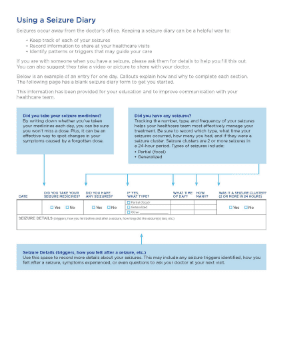
Seizure Diary
Patients and caregivers can record details of their seizures in order to help their healthcare team make treatment decisions.
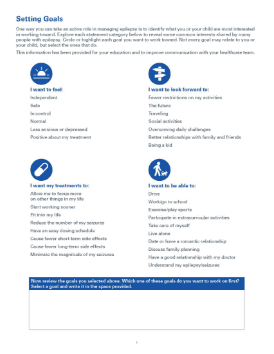
Setting Goals
This tool can help patients and caregivers identify what they hope to achieve from their treatment. With this tool, patients, caregivers, and healthcare teams can develop personalized treatment plans.
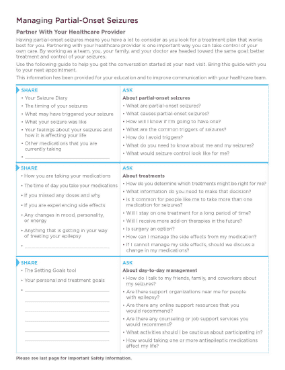
Doctor Discussion Guide
Patients and caregivers can utilize this guide to have an informed conversation with their healthcare team.

